World Horse Welfare-funded research project with the Royal Veterinary College produces ethical framework for competitive horse sports
Posted on 04/10/2021
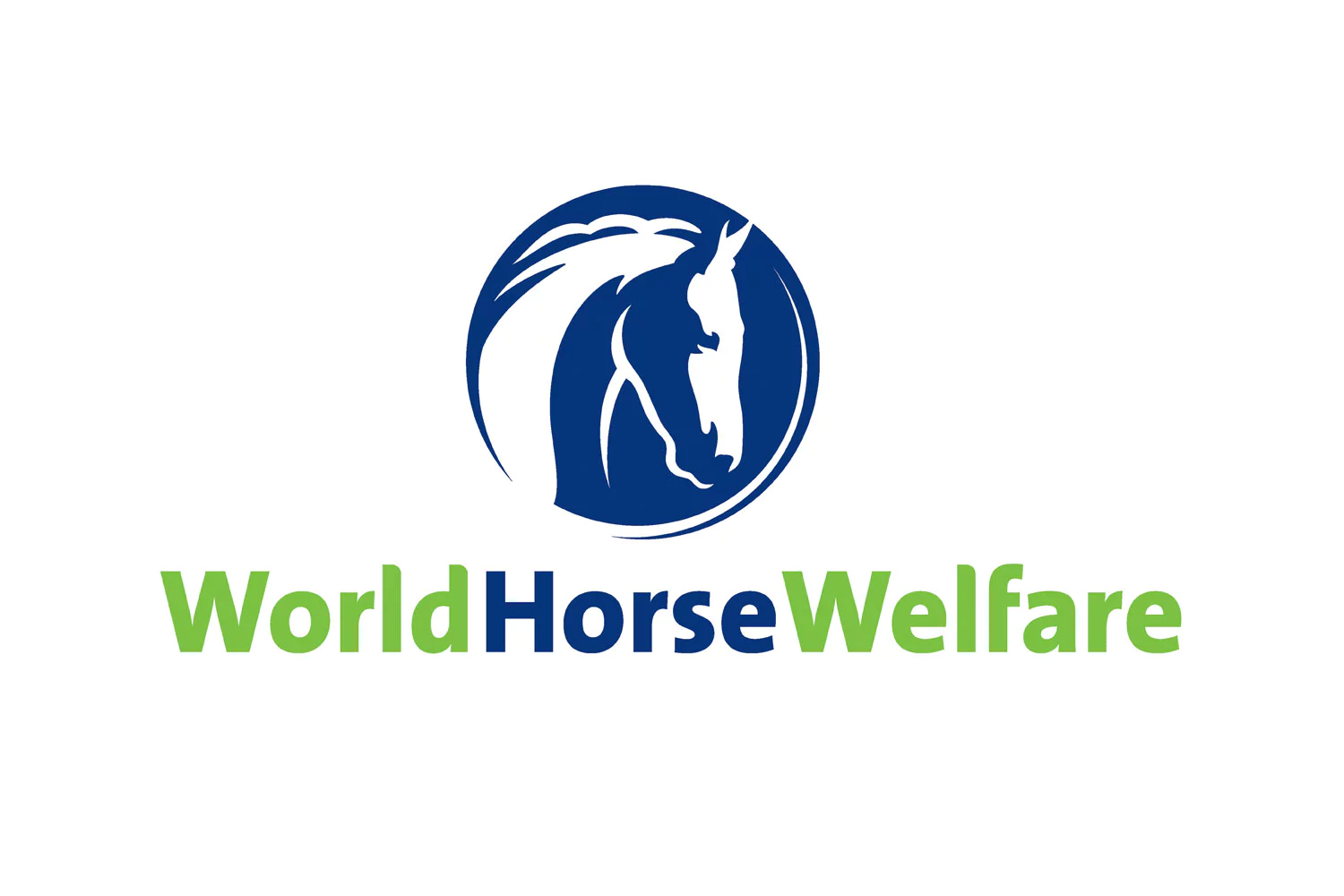
Leaders in racing and equestrian sport will attend a workshop on the 4th of October to test a new ethical framework decision-making tool developed by the Royal Veterinary College in conjunction with World Horse Welfare. The workshop will help inform the second phase of this research which aims to help provide sporting disciplines with a consistent ethical basis for the participation of equines in sport and leisure, designed to support the highest standards of welfare.
World Horse Welfare strongly believes in the value and benefits of the horse-human partnership and actively supports the participation of horses in sport so long as their welfare is put first. Against the backdrop of increasing societal concerns about the involvement of horses in competitive sport, and with the aim of underwriting equestrian sport’s continued social licence, World Horse Welfare initiated this research project with the Royal Veterinary College. The project is especially relevant in light of the heightened public interest around equine welfare, sparked by recent events such as the incident at the women’s Modern Pentathlon at the Tokyo Olympics and this summer’s Panorama documentary, ‘The Dark Side of Racing’.
The first phase of the project was led by Dr Madeleine Campbell, Senior Lecturer in Human-Animal Interactions & Ethics at the Royal Veterinary College. Phase 1 covered the theory and function of the ethical framework. Madeleine also leads Phase 2, which will begin on the 1st of October 2021 and continue for 3 years. This phase focuses on optimising the function and uptake of the ethical framework tool. It aims to extend the scope and significance of this project’s impact on welfare by advancing the applicability and uptake of the framework across the equestrian sports sector.
To achieve the project’s broader aims, the specific objectives are:
- To refine the ethical framework tool following the final phase of testing in the preceding project and develop a tutorial explaining how to use it
- To test the applicability of the ethical framework tool at ‘grassroots’ level
- To investigate socio-cognitive drivers, facilitators, and barriers to adoption of the ethical framework tool in practice, and to develop effective methods of overcoming such barriers and promoting adoption
- To conduct systematic reviews of evidence relating to two discipline-specific, stakeholder-identified ethical dilemmas in order to identify research priorities targeted at improving welfare through promoting evidence-based use of the framework
On the 4th of October at 13:00 GMT, World Horse Welfare is holding an online meeting to present the initial findings of the ethical framework. It will begin with a presentation from Madeleine Campbell on the genesis of the framework and how it functions as a practical tool. Bluebell Brown, the World Horse Welfare-funded MRes student on the project, will then explain how the framework was tested and refined through stakeholder participation. Subsequently, two of the stakeholders involved in this process will outline their experiences of it and how they envisage the framework being used in future. Finally, there will be a Q&A session for all delegates, finishing at 14:45 GMT.
Roly Owers, Chief Executive Officer, commented:
“We are delighted to support this project into its 2nd phase, which aligns so closely with a key aspect of our 2020-2024 strategy: ‘Supporting the ethical involvement of equines in sport and entertainment’. As recent events such as the infamous Gordon Eliot photo and the treatment of horses during Modern Pentathlon at the Tokyo Olympics have shown, this work has never been more relevant and we are excited to be a part of this pioneering development.
“Working together with equestrian sport and its regulators is an essential part of our work to help achieve the best possible welfare standards and practices throughout the whole lives of sport horses. We are pleased that, in line with this approach, the project will make particular use of stakeholder consultation, building on the results of the 4 October conference and conducting further testing and consultation with equestrian organisations as we progress with the project over the next three years.”
Dr Madeleine Campbell, Senior Lecturer in Human-Animal Interactions & Ethics at the Royal Veterinary College, commented:
“We are looking forward to testing this tool with further decision-makers across all levels of horse sport and we hope the workshop engages everyone in discussion around what exactly needs to be considered when making policies that can impact upon horse welfare. The framework in itself does not tell any stakeholder what conclusion they ought to be reaching on any particular issue – it simply provides them with a logical method of reaching some conclusion based on a set of guiding principles. This means that the framework tool can be used in any setting within equestrian sport to facilitate the transparent, consistent justification of decision and policy making.”
Topics
Related News
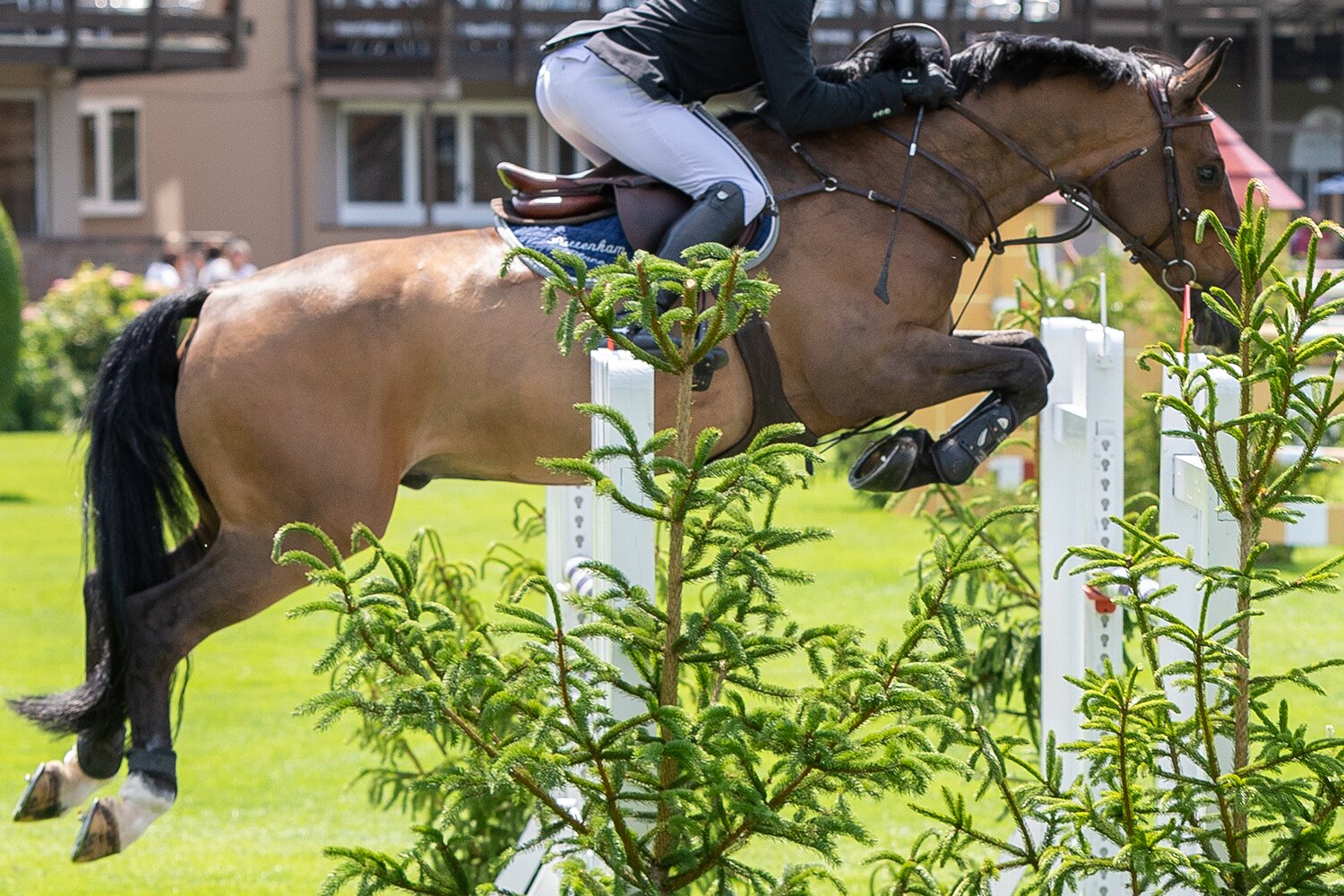
World Horse Welfare Statement in response to the FEI Sports Forum 2024
A statement following the FEI's response to the Equine Ethics and Wellbeing Commission's report 'A Good Life for Horses - A vision for the future involvement of horses in sport'
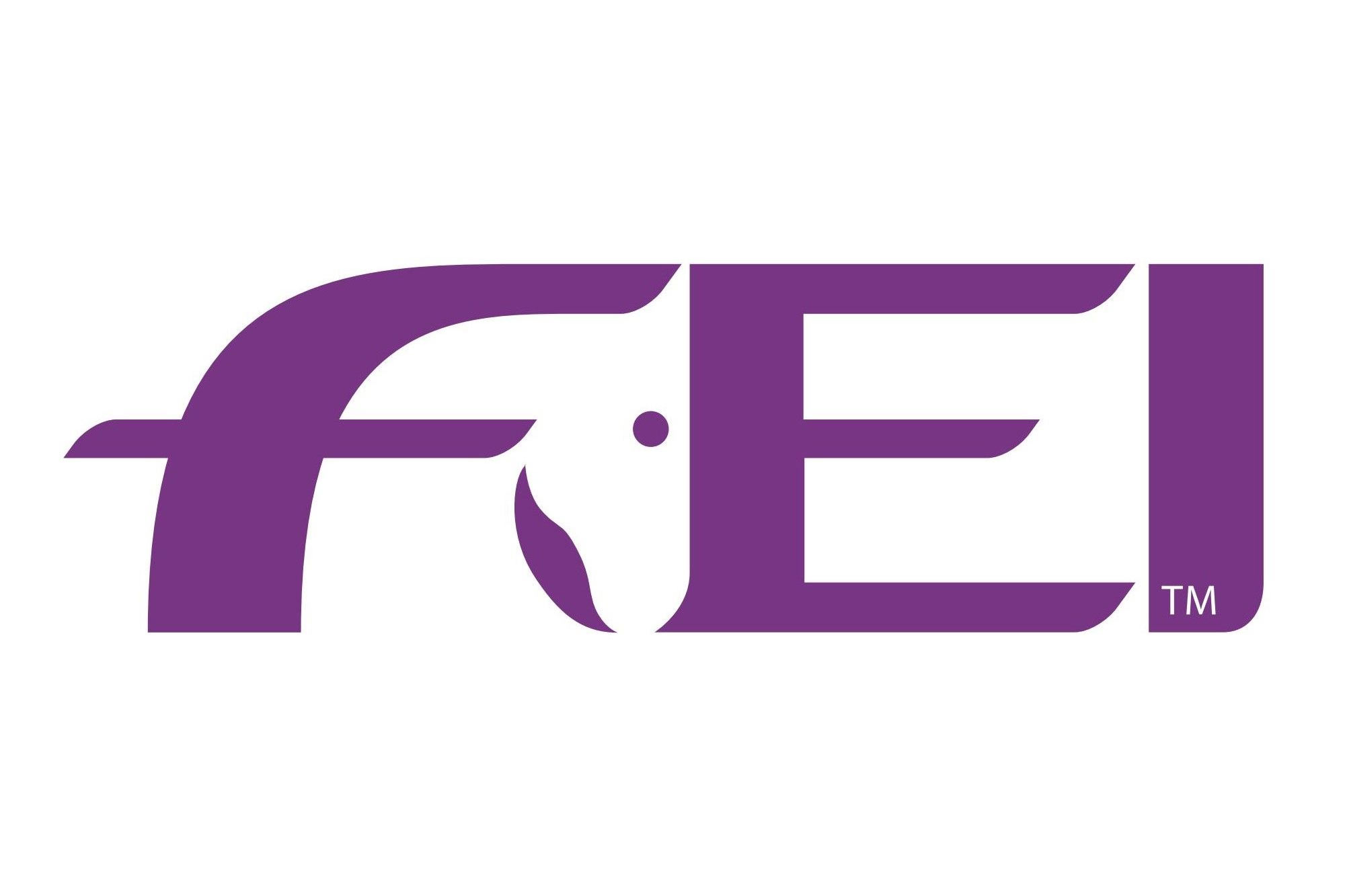
World Horse Welfare welcomes FEI decision on NSAIDs
Leading equine charity welcomes FEI decision on non-steroidal anti-inflammatory drugs.
Recommended Blog Posts
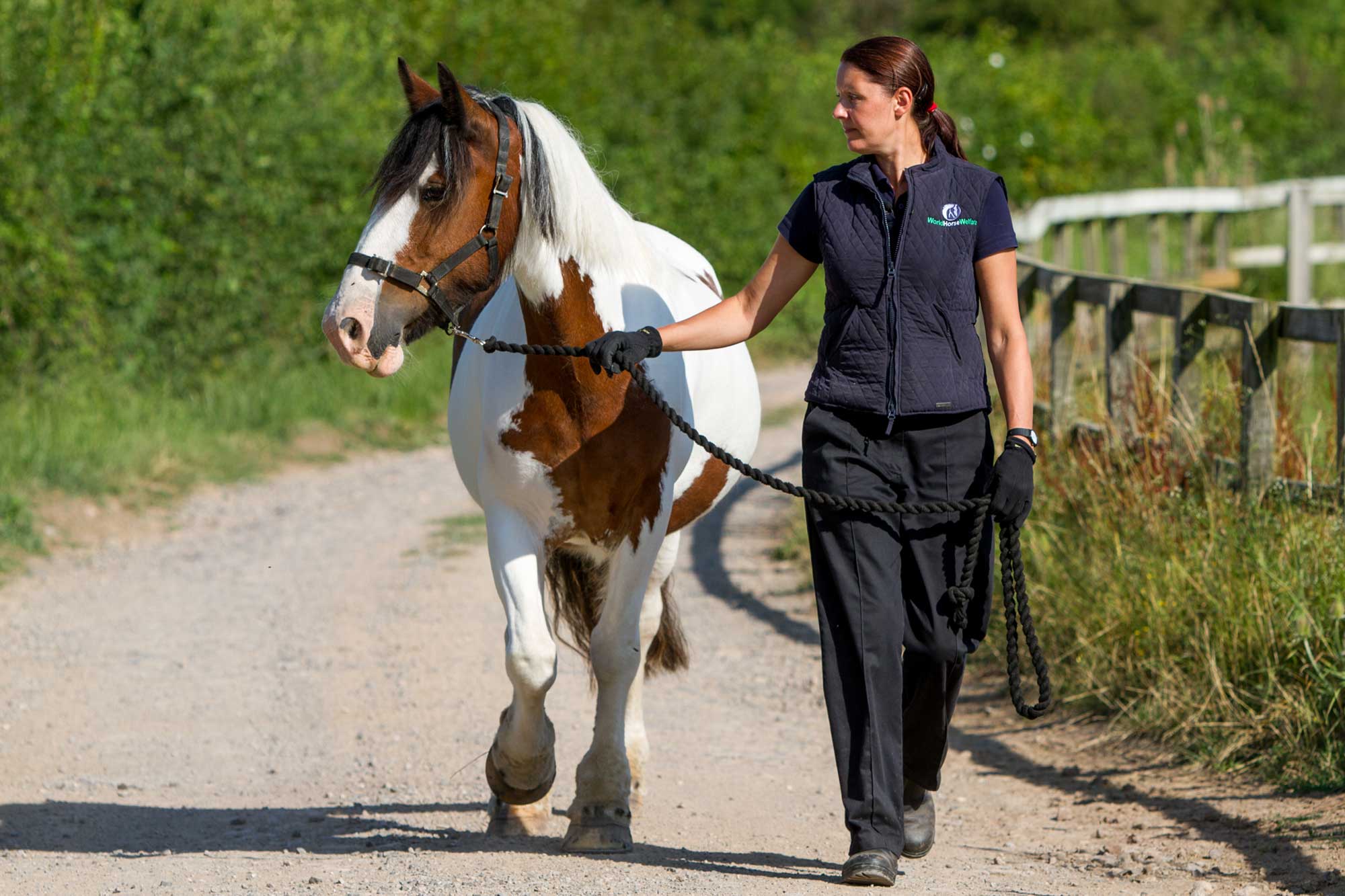
Top tips and practical advice on managing your horse’s weight to keep them healthy
Assistant Centre Manager Sara Jerman explains practical ways to manage your horse’s nutritional intake and keep them at a healthy weight.
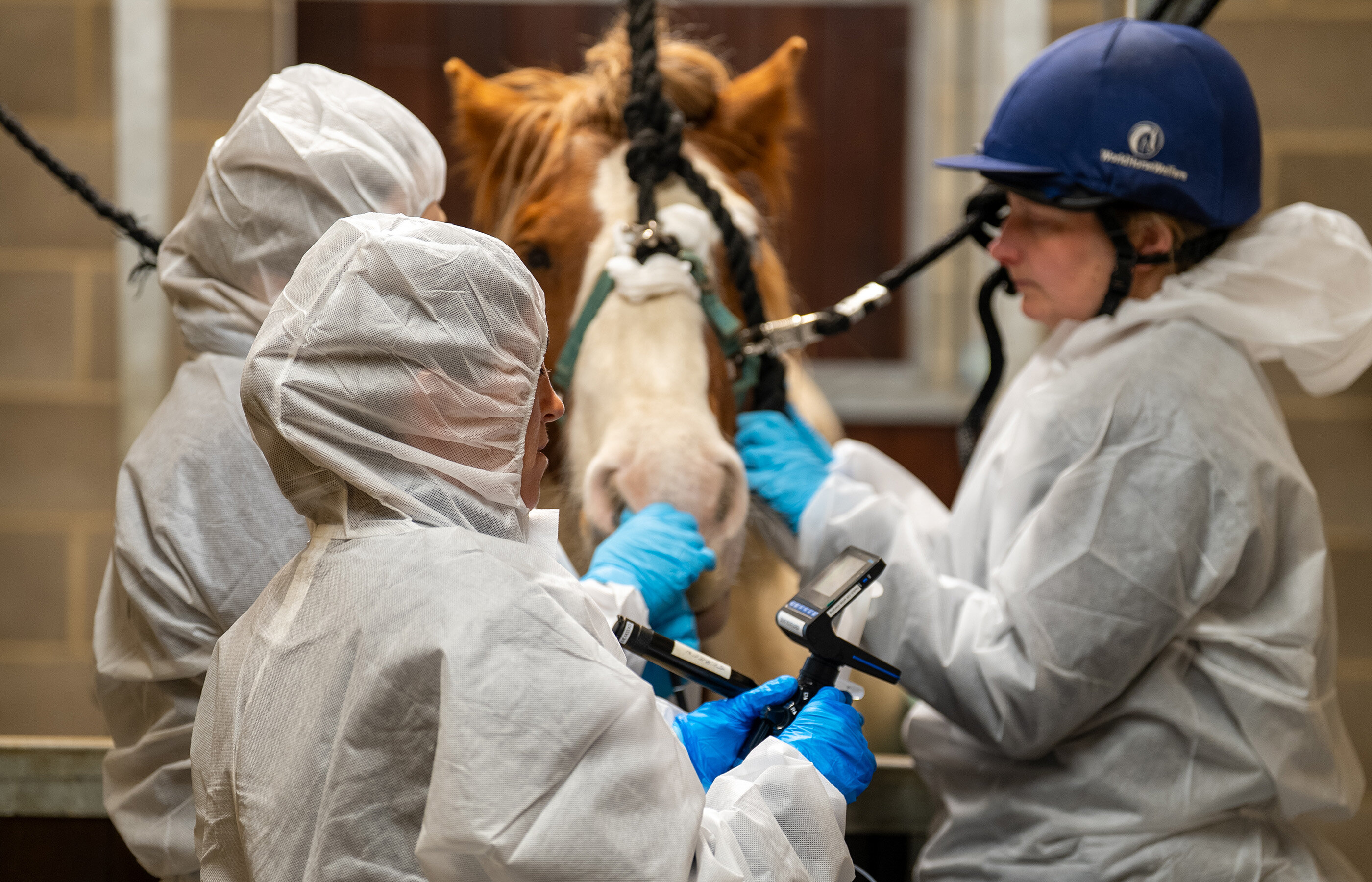
Strangles – an update from Hall Farm
We share where we are in our efforts to return to a sense of normality at our Norfolk rescue and rehoming centre.
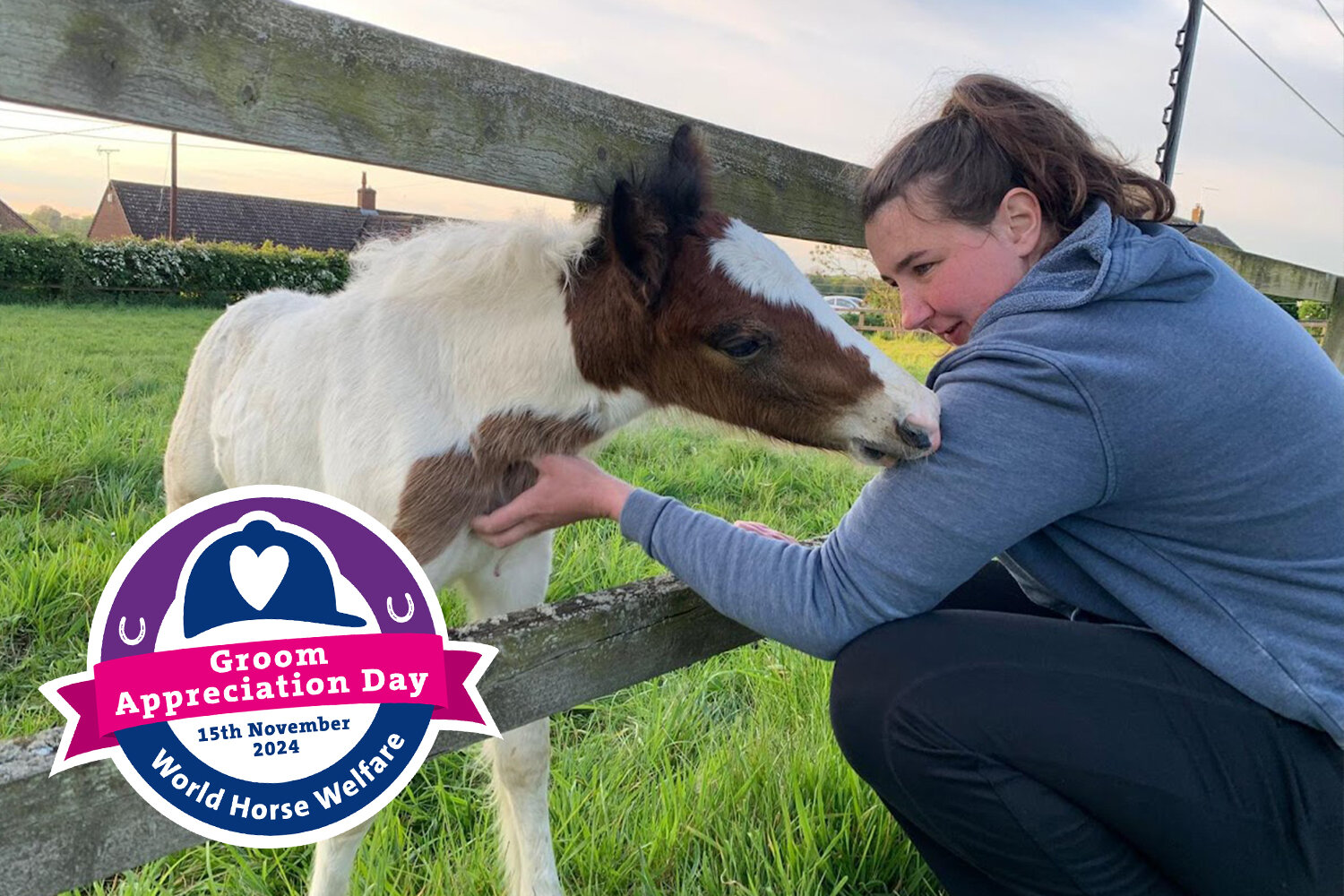
Meet some of our often-unsung heroes on Groom Appreciation Day – Kathryn at Hall Farm
"It can be quite the emotional rollercoaster, ranging from the joy of a horse being rehomed to the perfect long-term home, to the pain of seeing a severely neglected foal lose its battle to live."
Enjoy reading stories like this?
Join over 65,000 other horse lovers and sign up for our email newsletter

Join over 65,000 other horse lovers and sign up for our email newsletter
Sign me up now